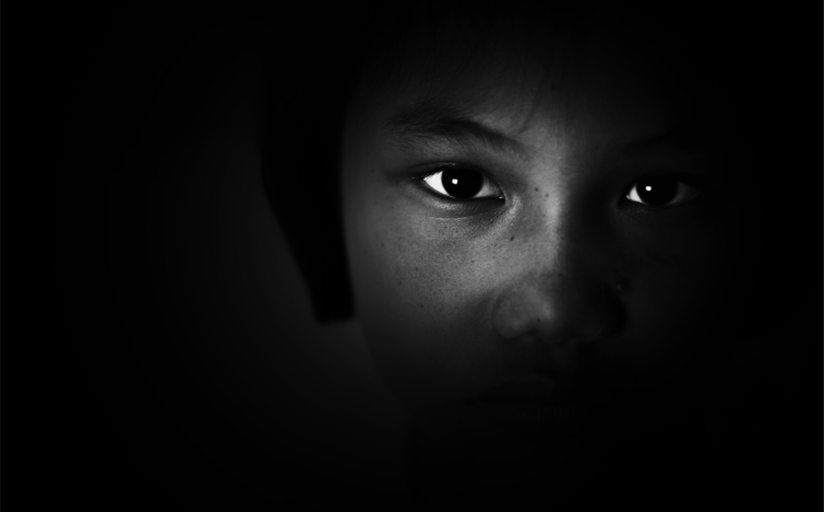If you feel that you or someone else is in immediate danger, please call 911 now.
What should I do if I witness a crime?
If you witness a violent crime such as abuse, neglect, domestic violence or assault, please contact the appropriate hotline:
- Intimate-Partner Violence: 800-799-7233
- Human Trafficking: 888-3737-888
- Rape or Sexual Assault: 800-656-4673
- Adult Abuse & Neglect: 800-392-3738
- National Domestic Violence Hotline: 1-800-799-7233 (SAFE)
- Domestic or International Terrorism
- Firearm Violence
How to find help
If you would like to help someone who is a victim of a crime, search the Victim Services Directory to find resources in their county.
Resources for Crime Victims
If you are the victim of a violent crime, the following resources are available to help you:
Warning Signs

Human Trafficking
- Sudden or dramatic changes in behavior
- Bruises at various healing stages
- Watched when with others
- Not allowed to have a passport or other personal identifying documents
- Owes money or is living and working under the control of employer

Partner Violence
- Isolated from loved ones and quits doing things they once enjoyed
- Insulted, put down, or shamed by their partner
- No control over their finances, work, or education
- Unexplained or poorly explained injuries

Rape & Sexual Abuse
- Physical injuries (ex. bruising, soreness, difficulty walking, etc.)
- Sudden or dramatic changes in behavior, including difficulty trusting others, social isolation, or depression
- Changes in eating habits
- Risky sexual behavior or aversion to sexual activity
- Substance misuse
How can I help?
The most important thing you can do is regularly reach out and let the victim know they can lean on you for support. Social isolation is a common way abusers gain control over victims, so it is important they know they are not alone. Other ways to help include:
- Stay in contact with them safely (consider using unmonitored emails or phone numbers)
- Believe victims when (and if) they decide to share with you
- Validate their feelings
- Don’t be alarmed or offended if a victim lashes out at you
- Understand victims often blame themselves or defend their abusers
- Try to understand their position, abuse is hardly ever simple and telling them things like “just leave” is not always helpful or safe
For more information, visit thehotline.org/support-others/.

